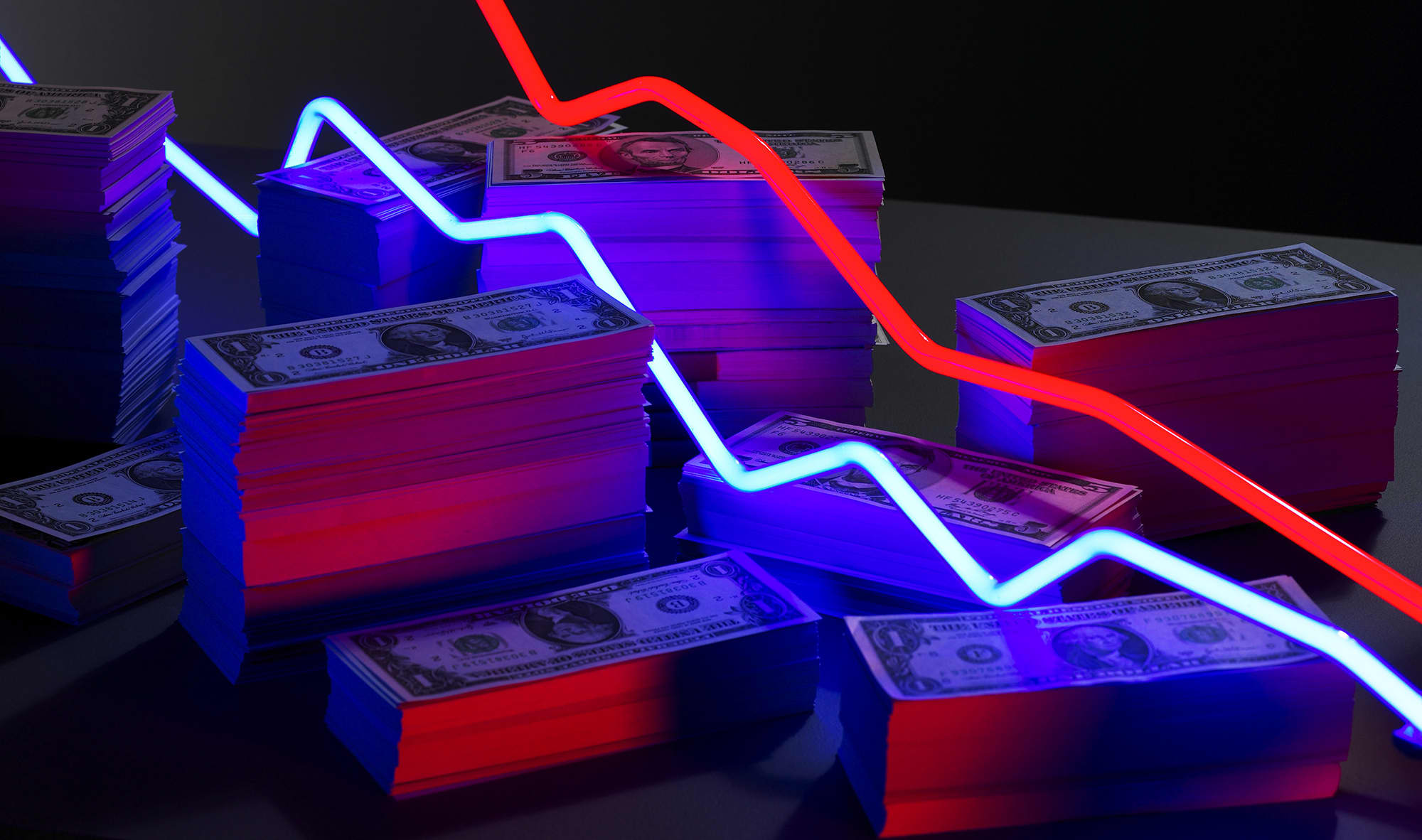Phil Ashley | Stone | Getty Images
Chances are, your savings are getting eaten up by inflation.
That is because the average interest rate on a traditional savings account is 0.1% annual percentage yield. Meanwhile, the U.S. inflation rate is currently 1.7%.
To help combat that problem, more companies are providing high-interest accounts to help you get a higher return on your money.
And for some of those products, there is a catch: You will have to work for those higher rates.
This week, a venture capital funded start-up company named Beam is launching a mobile-only account to consumers. Through the account, savers can earn anywhere from 1.7% interest all the way up to 7% APY daily.
More from Personal Finance:
Choosing between a savings and money market account
There’s a savings crisis and many don’t know how to fix it
Budget tricks to help you make most of money you have
But just how high their rate climbs depends on how much an account holder does to boost it.
That can include visiting the app daily for savings tips or inviting friends to join the Beam mailing list.
If those friends end up funding their own accounts, that provides another boost to the saver who invited them. If friends put money in their accounts that pushes a user’s rate even higher.
The idea is to give savers more control over their money, according to Aaron Du, co-founder and CEO of Beam.
“If you contribute, you should earn more,” Du said. “It shouldn’t be everyone getting the same rate, which is the current status quo right now.”
Ways to earn more
Beam’s account currently has a maximum deposit of $15,000. Du said the company plans to increase that to $50,000 in the near future. The company also charges no fees.
The company, which is not a bank, provides Federal Deposit Insurance Corp., or FDIC, protection through the banks with which it works, Du said.
The company has about 140,000 people on its waiting list that it plans to on-board, Du said.
With its debut, Beam joins a list of companies, including Betterment and Wealthfront, that are aiming to provide investors with higher interest rates than typical savings accounts. Getting a return on your cash is a challenge for many investors as the Federal Reserve continues to lower interest rates.
Beam also joins a select number of companies that are encouraging account holders to boost the rewards they receive through their actions, according to Arielle O’Shea, banking specialist at NerdWallet.
That includes Fitness Bank, which sets the interest rate on your account — up to 2.75% APY — based on how many steps you take in a day.
Money Lion rewards account holders for making smart financial decisions — logging into the account, paying bills on time, signing up for free credit monitoring — with rewards points. Those points, in turn, can be used for gift cards.
Another company, Simple Bank, lets account holders earn a slightly higher interest rate if they identify a specific savings goal, O’Shea said. The company promises up to 2.02% APY.
Risks vs. rewards
To be sure, when evaluating whether to sign up for an account, it’s important to research the company and read the fine print on what any account entails.
Consumers would also be wise to watch that the fees that they’re being charged don’t outweigh any rewards they are promised, O’Shea said.
“We’re seeing more and more accounts that don’t have any fees, which is great for consumers,” O’Shea said. “But always look at the fine print and make sure you’re not paying for your rewards, or worse, paying more than you’re earning.”
Another thing to watch out for: whether an institution offers federal insurance on their accounts and what kind of insurance that is, according to Greg McBride, chief financial analyst at Bankrate.com.
Is it worth it to chase a couple of extra basis points to expose yourself to potential loss in the event of a failure?
Greg McBride
chief financial analyst at Bankrate.com
Through FDIC coverage, your money is insured for up to $250,000 with an institution.
It’s important to note whether FDIC protection is provided directly by the company or through a third-party financial institution. If it’s the latter, there could be a time lag for when your funds are protected while the money is transferred, McBride said.
The key thing to remember: Not all high-yield accounts are created equally.
“Is it worth it to chase a couple of extra basis points to expose yourself to potential loss in the event of a failure?” McBride said.
Bankrate ranks the online savings accounts with highest interest rates on its website. All of those accounts are federally insured. The highest rate is currently 2.4%.
